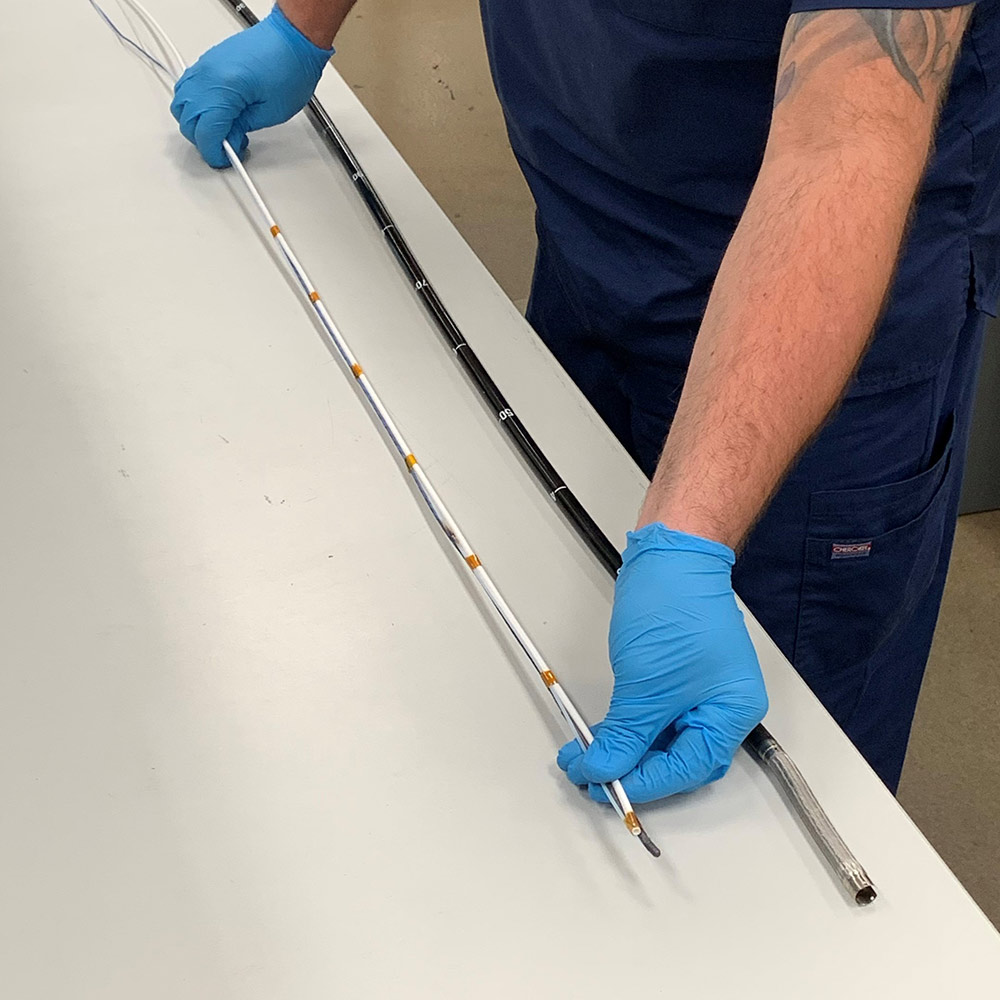Medical weight reduction is a substitute that may give a more customized approach when conventional weight loss techniques fall short of delivering the expected effects. Medical weight reduction combines medical knowledge with creative therapies meant to handle the complexity of obesity and linked diseases, unlike traditional eating and exercise programs.
The Role of Medical Assessments in Weight Loss Programs
Medical weight reduction begins with a comprehensive evaluation beyond basic bodily measures. Healthcare experts evaluate several elements, including metabolic rates, hormone abnormalities, and hereditary predispositions, during this assessment. This thorough investigation aids in the identification of underlying medical disorders possibly causing weight increase or impeding attempts at weight reduction. Common diseases, including thyroid problems, insulin resistance, or sleep apnea may seriously affect your capacity for successful weight loss. Blood tests, body composition analysis, and perhaps even genetic testing to better understand how your body absorbs nutrients and reacts to various weight reduction approaches are common components of the evaluation.
Medical Weight Loss Interventions Beyond Traditional Diets
Medical weight reduction is the spectrum of treatments beyond conventional diet and exercise. Among these treatments might be prescription drugs, customized diets, and even surgical operations meant to help with weight control. Prescription weight reduction drugs may aid by changing appetite, increasing satiety, or lowering fat absorption. Usually, however, these drugs are administered in concert with a thorough regimen of lifestyle Supplements. Apart from drugs, other medical treatments like endoscopic sleeve gastroplasty or intragastric balloon implantation provide less invasive alternatives than conventional bariatric surgery.
The Psychological Aspect of Medical Weight Loss
Medical weight reduction depends critically on addressing the psychological aspects of weight control. Many times, weight gain has underlying psychological causes such worry, sadness, or stress that may affect eating patterns and physical activity levels. To address these problems, a good medical weight reduction program often combines psychological assistance. Commonly included into medical weight reduction treatments are behavioral therapy, counseling, and support groups to assist patients in managing emotional eating and form better connections with food. When it comes to spotting and altering bad eating-related thinking patterns and behaviors, cognitive-behavioral techniques may be very successful.
The Importance of a Collaborative Approach in Medical Weight Loss
Effective medical weight loss usually results from cooperation among many medical experts, including physicians, psychologists, nutritionists, and exercise experts. Every specialist adds special knowledge to handle many facets of weight control. This interdisciplinary approach guarantees appropriate consideration and management of all elements affecting your weight. Close working with a team of experts enables a thorough approach including medical, dietary, psychological, and lifestyle elements.
The Impact of Lifestyle Changes in medical weight reduction
A basic element of medical weight reduction treatments are modifications in lifestyle. Medical treatments may help, but consistent weight control calls for dedication to good lifestyle choices. This includes changing behavior, starting a balanced diet, and boosting physical exercise. Medical weight reduction programs give individualized suggestions based on evaluation findings and frequently include organized regimens that help patients negotiate these adjustments. Dietary programs might be tailored, for instance, to fit certain dietary requirements or food allergies so that you get the required nutrients without sacrificing a calorie deficit. Often customized to your fitness level and interests, exercise programs help to improve adherence.
Monitoring and Adjusting Weight Loss Progress
Medical weight reduction regimens must include constant monitoring if they are to guarantee success and safety. Frequent follow-up visits let doctors monitor your development, assess the success of treatments, and make required plan changes. This ongoing evaluation helps to spot any problems including adverse effects from drugs or variations in metabolic rate. Based on your development and comments, adjustments might include changing food advice, changing medicine doses, or changing exercise schedules. The capacity to modify the program in reaction to real-time data guarantees that the strategy stays efficient and fits for your changing wants.
Conclusion
Learning to negotiate the realm of medical weight reduction means knowing a variety of elements that support a good weight control plan. From thorough medical evaluations to tailored treatments and continuous support, every component is very vital in producing long-lasting outcomes. Adopting a comprehensive strategy combining psychological assistance with lifestyle modifications and medical knowledge guarantees a more efficient and long-lasting road towards weight reduction.










